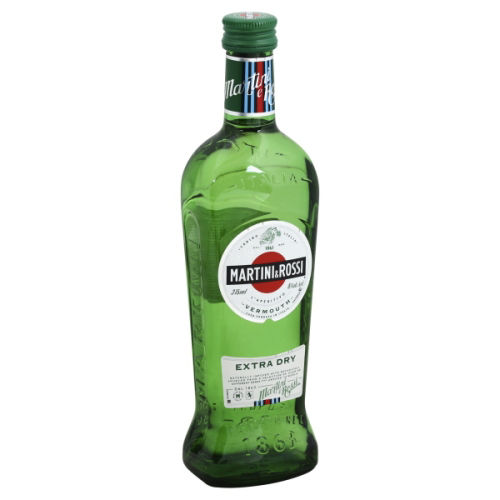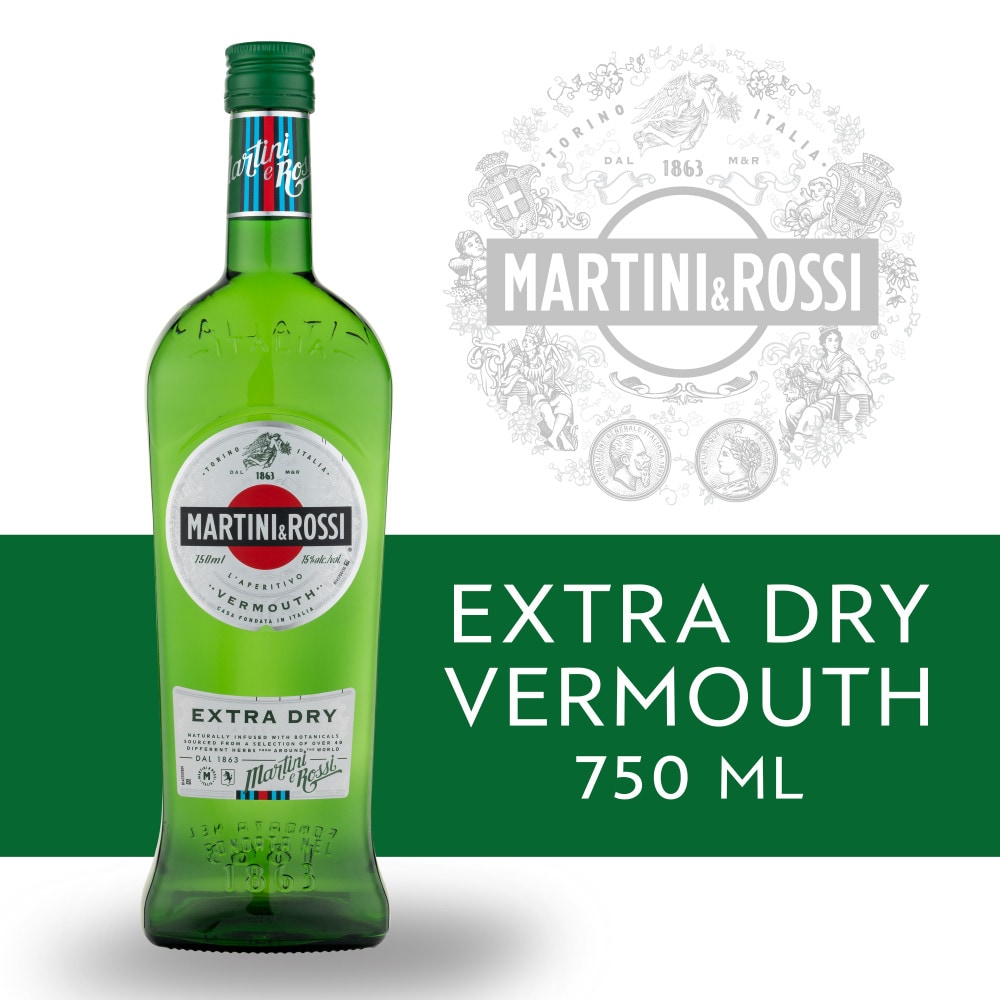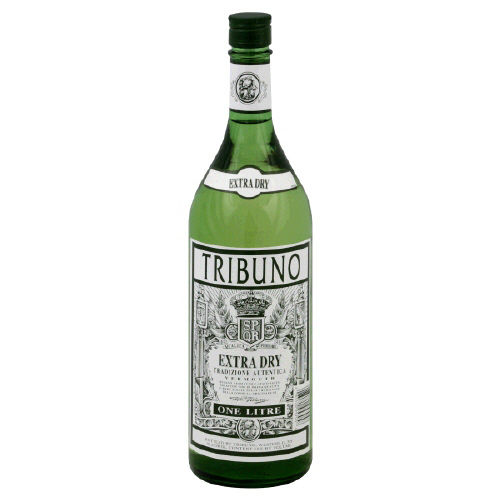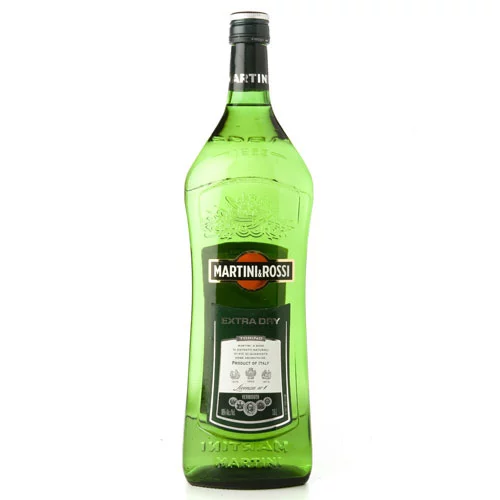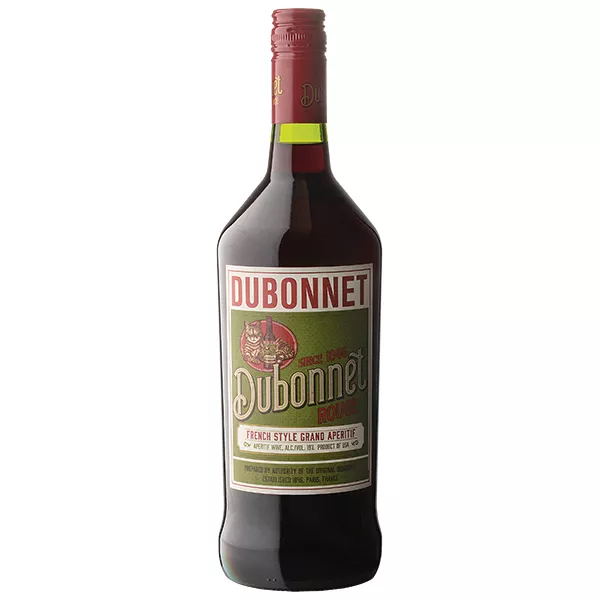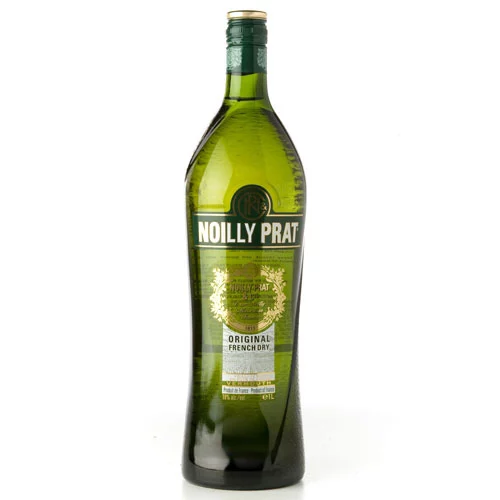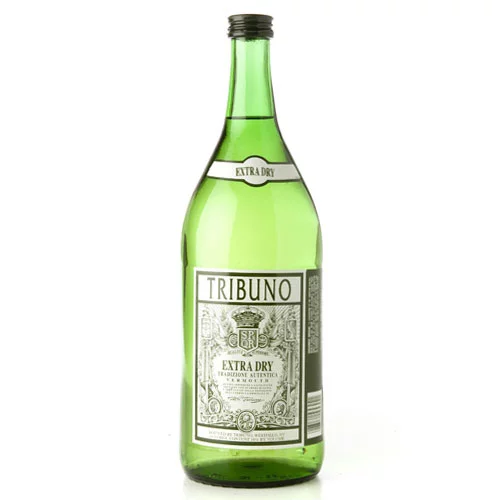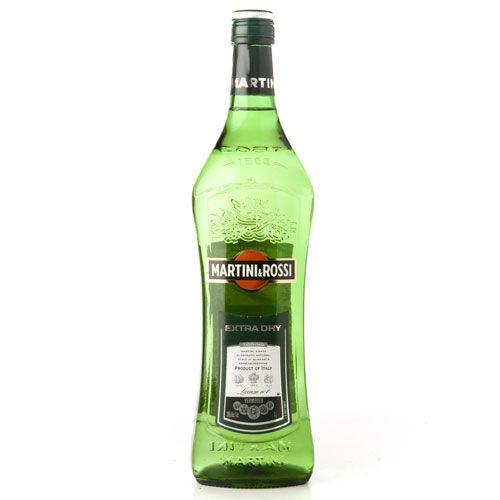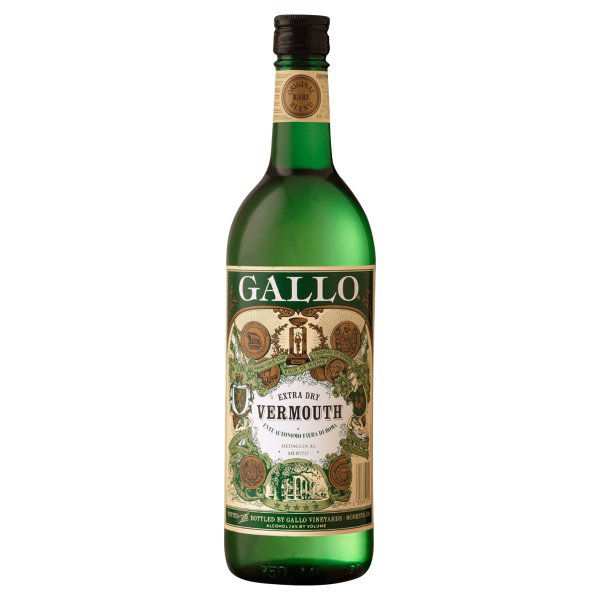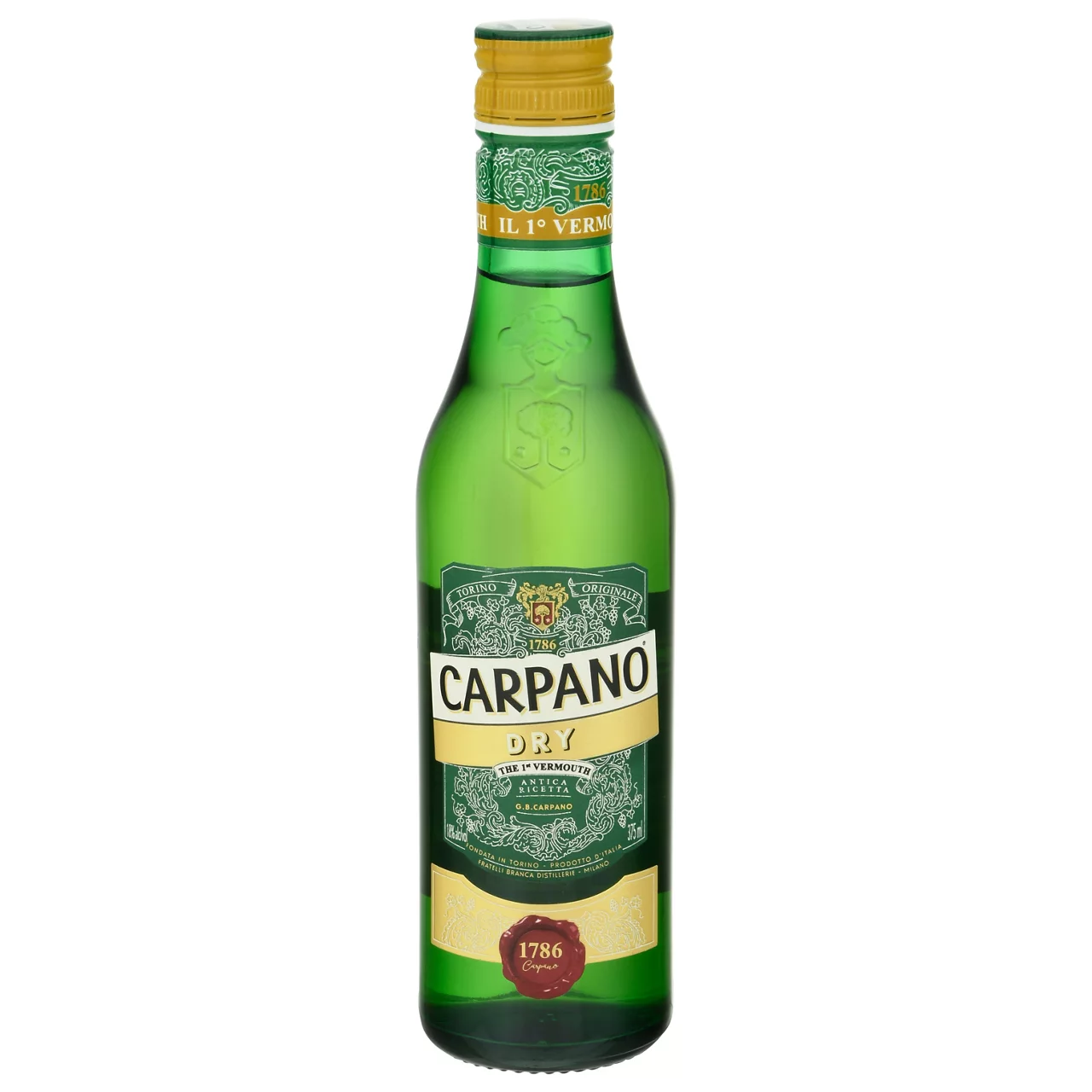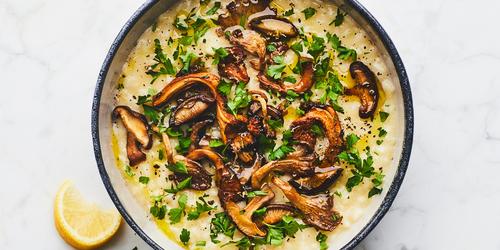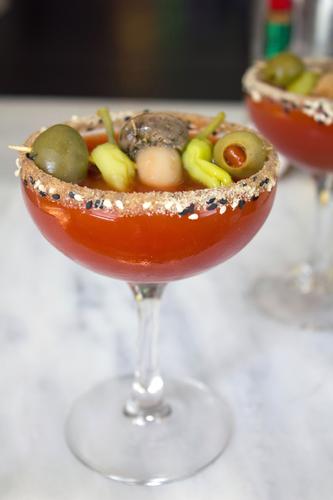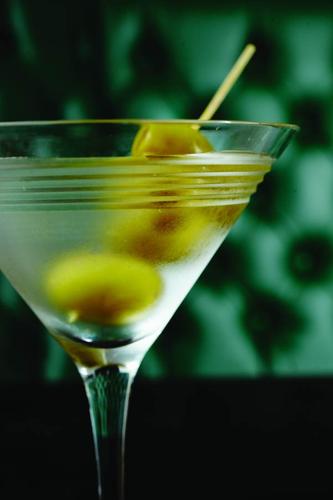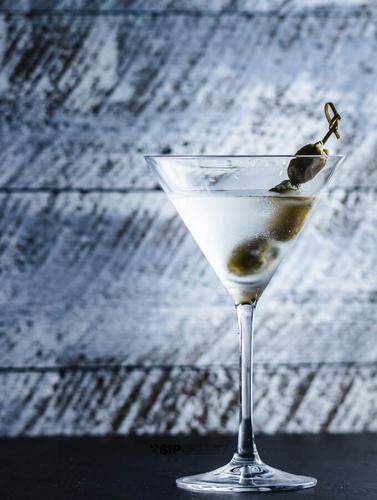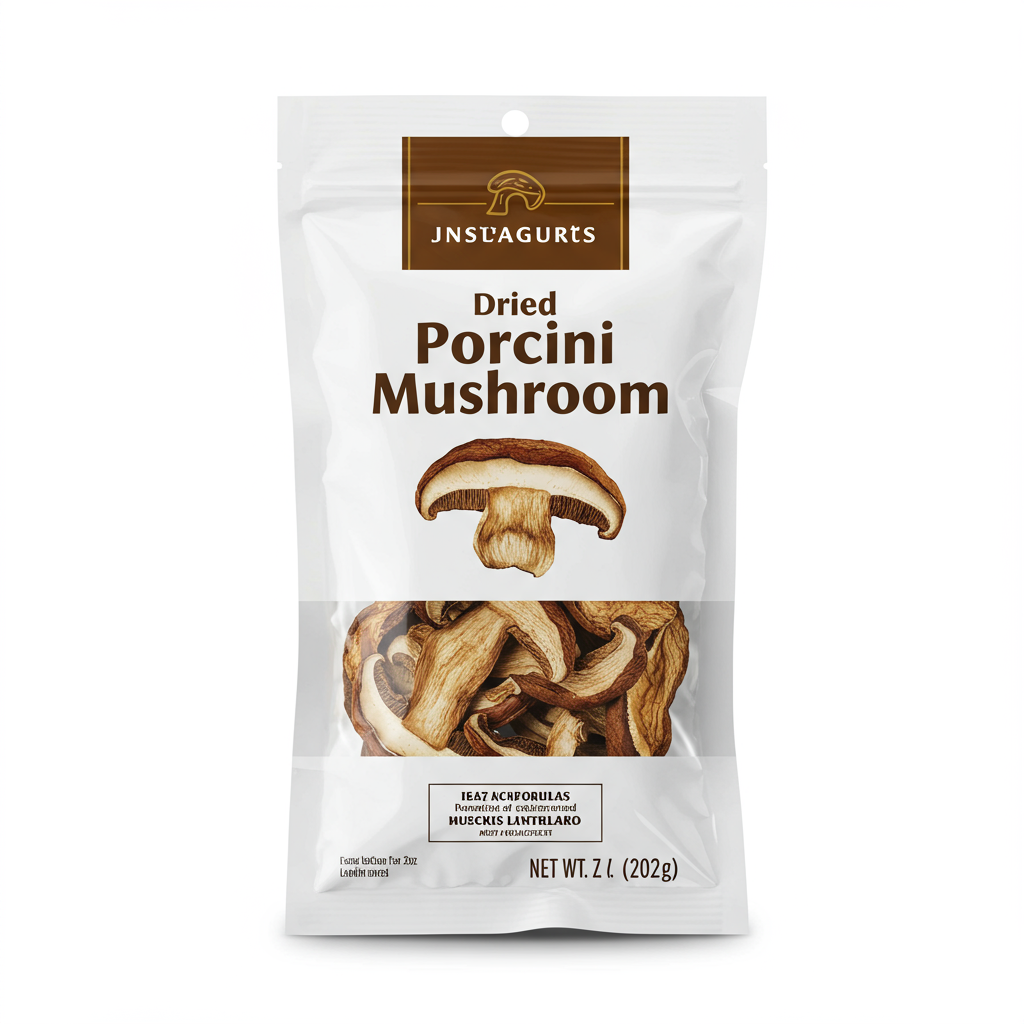COCKTAILS
Vermouth
Vermouth is a fortified, aromatized wine that finds its roots in the Mediterranean region, popularly known for its role in iconic cocktails such as Martinis and Manhattans. There are two main types of vermouth – sweet (rosso) and dry – with varying degrees of sweetness, bitterness, and herbal characteristics. It is produced by infusing a base wine with botanicals such as herbs, spices, barks, flowers, and fruits, then fortified with a neutral spirit, typically brandy.
In addition to its use in classic cocktails, vermouth is excellent for adding complexity and depth to recipes and sauces. Sweet vermouth imparts a rich, herbal sweetness to braised meats, and offers a great balance of flavors when paired with tangy or acidic ingredients. Dry vermouth is a staple in French cooking and is often used to deglaze pans or enhance the flavors of seafood, particularly in dishes like bouillabaisse or Coquilles St. Jacques. Other common uses include serving it as a flavorful aperitif, with chilled seltzer, or in a spritz.
99%
CARBS
0%
FAT
1%
PROTEIN
119 Vermouth Products
Used In 7 Recipes
Vermouth Is Frequently Used With
Vermouth FAQ
One of the common misunderstandings with vermouth is that people often think it's a spirit, but it's actually a type of wine that has been flavored and fortified. Its unique flavors come from the botanicals infused during the making process.
Another pitfall many people fall into is using old vermouth, which can affect the taste of your cocktails and even food recipes. Vermouth should be fresh to ensure best results. Storing vermouth improperly could deteriorate its quality faster. Vermouth is a wine, so after open it, you should cap it tightly, and store it in the fridge. Always taste your vermouth before using it to make sure the taste is sharp and not off.
When it comes to getting the most out of your vermouth, consider using it beyond just cocktails. Vermouth can significantly enhance the flavor profile of many dishes. Sweet vermouth goes well with rich, hearty dishes, and light dishes typically do better with dry vermouth. Lastly, never be afraid to experiment with different types of vermouth in your recipes or cocktails. Just because a recipe calls for a specific type of vermouth, doesn't mean you can't use another one. Experiment and find what suits your taste buds.
Secret tips with vermouth involve using sweet versions in desserts or fruit salads to add a layer of complexity to the sweetness. For dry vermouth, it can be used to deglaze pans after searing meat or fish to make a delicious and rich sauce base.
Can I use vermouth as a substitute for white wine in cooking?
What cocktails traditionally use vermouth?
Can I drink vermouth straight?
Which dishes does vermouth pair well with?
Can I substitute sweet vermouth for dry vermouth in a recipe, and vice versa?
Why does my vermouth taste weird after sitting in my cupboard for a couple of weeks?
What does vermouth taste like?
Can I use Gin or Vodka as a substitute for vermouth in a recipe?
Is there a non-alcoholic substitute for Vermouth?
Where is vermouth originally from?
Expiration & Storage Tips
When does vermouth expire?
Vermouth, being a fortified wine, has a longer shelf life than regular wines, but that doesn't mean it lasts indefinitely. An unopened bottle can easily last up to three to four years if stored properly in a cool, dark place. However, once opened, vermouth should be consumed within one to two months. Keeping it refrigerated after opening can slow oxidation and prolong its life up to an additional month. Freezing vermouth isn't usually recommended as it can alter its flavors and consistency.
How do you tell if vermouth is bad?
Telling if vermouth has gone bad can be tricky, especially if you're not a connoisseur. However, one fairly reliable way is to smell and taste it. If the vermouth gives off an off-putting, sometimes vinegar-like smell or tastes sour or overly bitter, it's likely past its prime and should be discarded. Another possible telltale sign of bad vermouth is a change in color - it can start to look darker and more murky than usual when it turns.
Tips for storing vermouth to extend shelf life
• Always reseal your vermouth tightly after each use to minimize its exposure to air. Vermouth, like other wines, oxidizes when exposed to air, affecting its flavor over time.
• Store opened vermouth in the refrigerator, not your liquor shelf. The cold temperature will help delay the oxidation process and keep it fresh longer.
• For even better preservation, consider pouring the vermouth into a smaller bottle once it's half-empty. The less air in the bottle, the longer the vermouth will keep its flavors.
• If you're buying vermouth primarily for cooking, consider buying smaller bottles so you can finish them quicker.
EXPIRES WITHIN
27 - 27.4
YEARS
Substitutes

Sake

Sweet Vermouth

Dry Sherry

Pinot Grigio White Wine

Sauvignon Blanc White Wine

Chardonnay White Wine

Semillon White Wine

Vermentino White Wine

Viognier White Wine
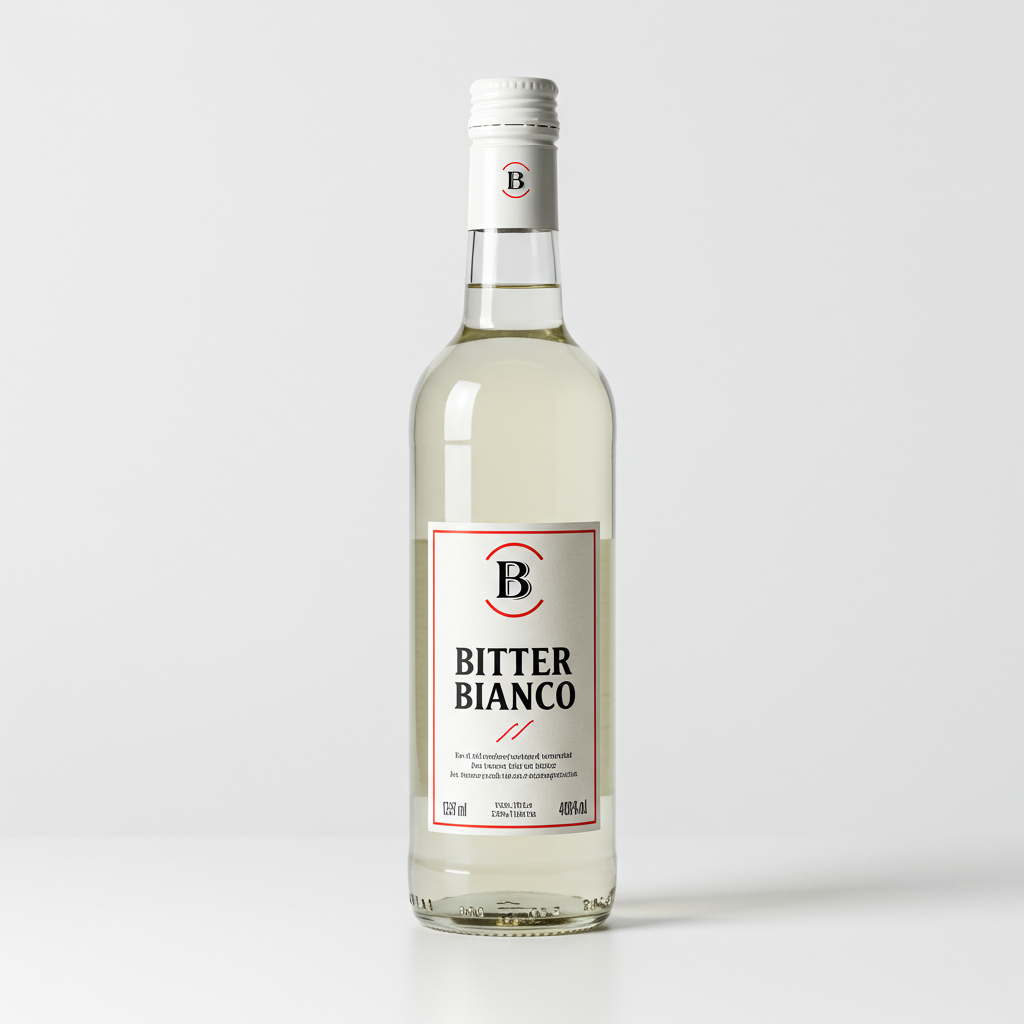
White Aperitif Liqueur
See All
Health Info
Macros
3g
CARBS
0g
FAT
0g
PROTEIN
Allowed on these diets
LOW FAT
HIGH CALCIUM
VEGETARIAN
KETO
PALEO
MEDITERRANEAN
LOW CARB
VEGAN
LACTOSE FREE
GLUTEN FREE

